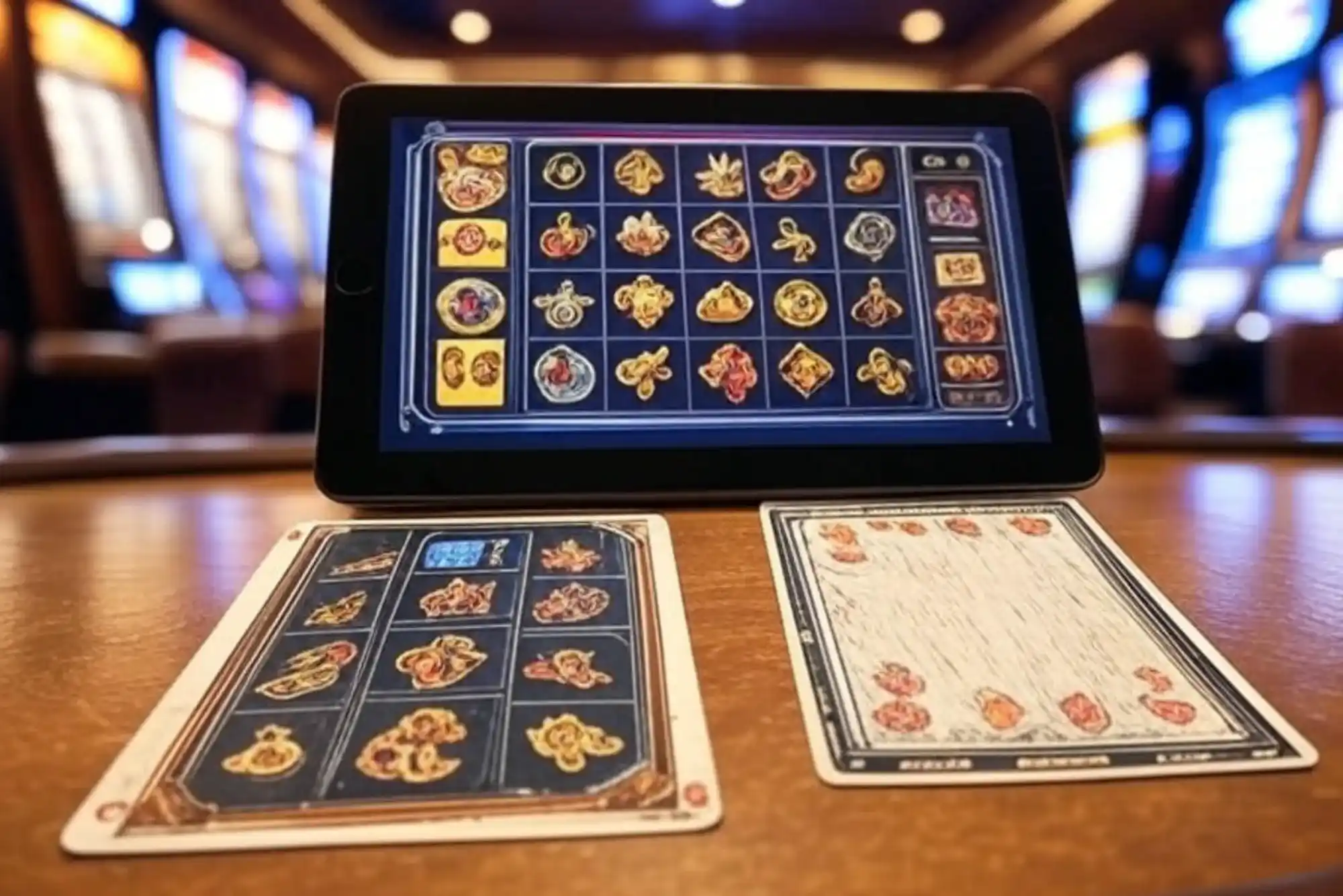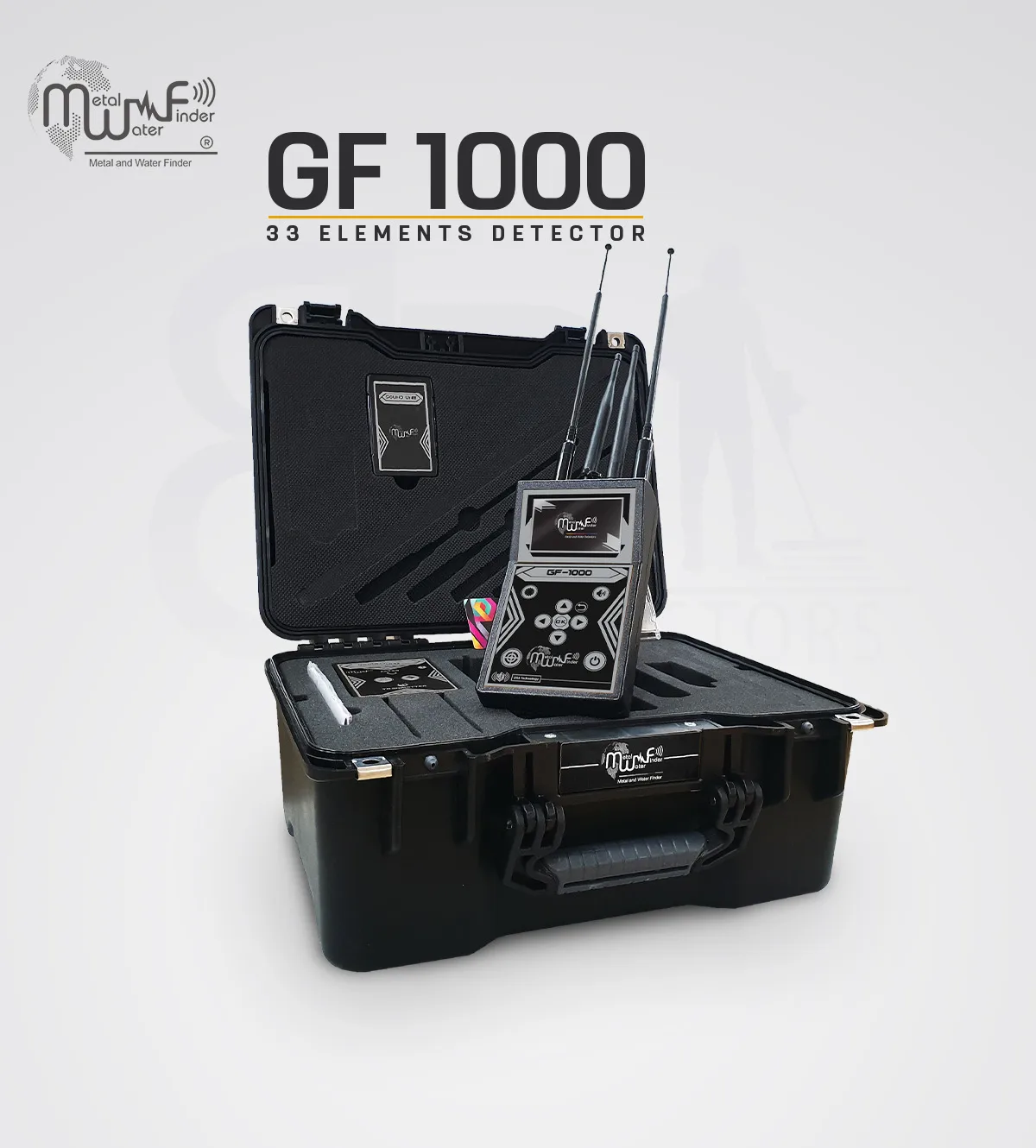As someone who’s spent a good deal of time dabbling in both digital and physical gaming formats, I’ve noticed a growing interest in virtual scratch cards. And honestly, I get it. There’s something appealing about scratching off a card on your phone while waiting for your coffee to brew. But how do they really compare to the traditional scratch cards we’ve picked up from convenience stores for years?
This article digs into that comparison—looking at everything from gameplay and odds to user experience, accessibility, and even how non UK registered casinos factor into the virtual side of things. Whether you’re a casual player or someone who takes their chances seriously, there’s quite a bit to consider when choosing between the two.
The Traditional Charm of Scratch Cards
Let’s start with the original. Traditional scratch cards have been a staple of the gambling world for decades. Available at gas stations, corner shops, and supermarkets, they’ve long offered an easy and low-cost way to try your luck.
What makes them appealing? For one, the tactile experience. Holding a card in your hand, scratching off the silver foil with a coin—it adds a layer of excitement that’s hard to replicate digitally. There’s also an immediacy to it. You buy the card, scratch it right there, and find out if you’ve won. It’s quick, easy, and doesn’t require internet access, accounts, or banking info.
That said, traditional scratch cards have their downsides. Limited availability, fixed prize structures, and often low return-to-player (RTP) percentages can make them less appealing to seasoned gamblers. And if you win big, you might still need to jump through hoops to claim your prize, depending on the vendor.
The Rise of Virtual Scratch Cards
Virtual scratch cards, on the other hand, bring a modern twist to the game. Offered by online casinos and gaming platforms, they replicate the core mechanics of traditional cards but in a digital format. You click or tap to reveal the symbols instead of scratching, and your winnings are instantly credited to your account.
One of the major advantages here is convenience. You can play anytime, anywhere. You don’t have to drive to a store or deal with paper cards. And the variety? That’s another strong point. Virtual scratch cards come in all sorts of themes, with bonus rounds, animations, and even storylines. Some even feature progressive jackpots, which you’d rarely find on their physical counterparts.
There’s also the matter of RTP. Many virtual scratch cards boast higher RTP rates—sometimes upwards of 95%—compared to traditional ones that might linger in the low 60s or 70s. This difference can significantly affect long-term results for frequent players.
Comparing Odds and Payouts
Let’s talk numbers for a moment. Traditional scratch cards typically have predetermined odds. A vendor might advertise that 1 in 4 cards is a winner, but those odds apply to the entire print run—not to your individual purchase. In reality, you could buy five in a row and win nothing, or strike it lucky on your first go.
With virtual cards, especially those hosted by reputable online casinos, the odds are often more transparent. They’re driven by random number generators (RNGs), which—when certified—ensure a fair and random outcome for every game. Players can often find the exact RTP of each game listed in the information section, something traditional scratch cards rarely provide.
It’s worth noting, though, that not all virtual scratch card platforms are created equal. This is where non UK registered casinos enter the picture.
The Role of Non UK Registered Casinos
There’s a growing trend among players in the UK seeking out non UK registered casinos for a wider range of games, more generous bonuses, and less restrictive policies. Many of these platforms host dozens of virtual scratch cards, offering a wider selection than what’s typically available through UK-licensed operators.
So, why are players turning to these offshore sites? In part, it’s due to the UK Gambling Commission’s increasingly strict regulations. While those rules are designed to protect players, they can also limit game variety, impose deposit limits, and restrict bonus offers.
Non UK registered casinos often don’t have the same constraints. That means players can enjoy larger welcome bonuses, play a wider variety of virtual scratch cards, and sometimes even access games with higher RTPs. However, there are risks. These casinos might not offer the same level of consumer protection, and recourse options are limited if something goes wrong. It’s crucial to do thorough research and only play on platforms with credible licensing from respected international bodies like the Malta Gaming Authority or Curacao eGaming.
User Experience and Accessibility
When comparing traditional and virtual scratch cards, user experience is another critical factor. Physical cards are straightforward: buy, scratch, check. But they’re tied to the physical world. You need to go somewhere, buy the card, and dispose of it afterward. That can be part of the charm for some, but a hassle for others.
Virtual cards streamline the process. With just a few clicks, you’re playing. The interfaces are designed to be user-friendly, often mobile-optimized, and full of engaging features like sound effects, animations, and instant payouts. Many platforms even allow you to set up auto-play or speed scratch features if you’re looking to run through multiple cards quickly.
In terms of accessibility, there’s no contest. Virtual scratch cards are available 24/7 and don’t depend on location. Whether you’re in the UK or traveling abroad, as long as you have an internet connection, you can usually access your favorite cards—particularly if you’re using non UK registered casinos, which sometimes have more relaxed geo-blocking policies.
Security and Fair Play
Security is a big deal in the online gambling space. For physical scratch cards, trust is placed in the vendor and the issuing company. For virtual scratch cards, it’s all about the platform’s software and licensing.
UK-licensed operators are heavily regulated and must use certified RNG software to ensure fairness. That means every card is just as random as pulling one off a shelf. Non UK registered casinos might offer similar assurances, but it depends on their regulatory body. That’s why it’s so important to check for valid licenses, read player reviews, and verify payout procedures before depositing any funds.
Cost and Value for Money
Another consideration is how much value you get for your money. Traditional scratch cards have fixed prices—typically £1 to £5—and you’re locked into whatever that card offers. Promotions or discounts are rare, and there’s no loyalty scheme.
Online, the story’s different. Virtual scratch cards often start at lower entry points (as little as 10p per game), and many casinos offer promotional credits, cashback, or deposit bonuses. Especially with non UK registered casinos, promotions can be more frequent and more generous, giving players a chance to try out new cards with less financial risk.
Final Thoughts: Which is Better?
If you asked me ten years ago, I would’ve leaned toward traditional scratch cards for their simplicity and nostalgic appeal. But times have changed. The flexibility, variety, and accessibility of virtual scratch cards make them an attractive option—particularly for players who value convenience and better odds.
However, that doesn’t mean traditional cards are obsolete. For some, the physical act of scratching is half the fun. And for those who don’t want to deal with online accounts or potential security concerns, sticking to what’s familiar can be a smart choice.
That said, if you’re open to digital play, it’s worth exploring the world of virtual scratch cards—especially on platforms hosted by non UK registered casinos. Just be cautious. Look for reputable licensing, read the fine print, and always gamble responsibly. Whether you’re scratching in the shop or tapping your phone screen, the thrill of uncovering a prize is what makes the game timeless.
If you’re thinking of making the leap from traditional to virtual, start small. Try out a few different platforms, compare odds, and see what kind of experience suits your style. Who knows? You might just find your new favorite way to play.








